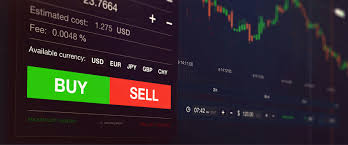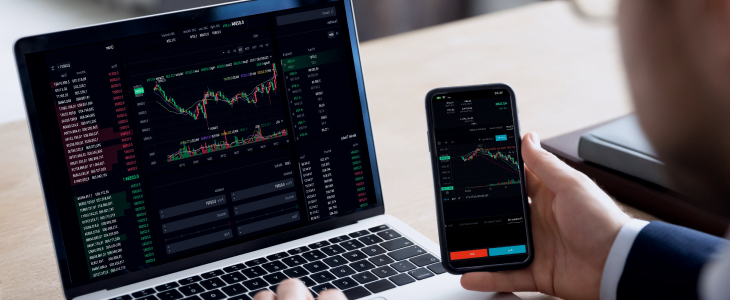
Choosing the Right Forex Trading Broker: A Comprehensive Guide
When venturing into the exciting and potentially profitable world of forex trading, one of the most critical decisions you’ll make is selecting the right broker. With countless options available, it can be overwhelming to determine which forex trading brokers are reputable, trustworthy, and suited to your trading style. To simplify your search, a thorough understanding of what to look for in a forex broker is essential. In this guide, we will explore fundamental aspects of forex brokers, highlight forex trading brokers Global Trading Brokers, and provide insights that will help you make an informed choice.
Understanding Forex Trading Brokers
Forex trading brokers facilitate the buying and selling of currencies on behalf of traders. They act as intermediaries between traders and the forex market, providing the necessary tools and platforms for effective trading. Different brokers offer a variety of services and features tailored to meet the needs of their clients, making it crucial to understand what these features are and how they can impact your trading experience.
Key Features to Consider
Regulation and Security
One of the foremost aspects to consider when choosing a forex broker is regulation. Reputable brokers are regulated by financial authorities that enforce stringent standards designed to protect traders. Look for brokers regulated by entities such as the Financial Conduct Authority (FCA) in the UK, the Commodity Futures Trading Commission (CFTC) in the US, or the Australian Securities and Investments Commission (ASIC). Regulation ensures that the broker operates fairly and that your funds are kept secure.

Trading Platforms
The trading platform provided by the broker is your gateway to the forex market. It’s essential to choose a broker that offers a reliable, user-friendly platform with advanced features. Popular platforms like MetaTrader 4 (MT4) and MetaTrader 5 (MT5) are widely recognized for their powerful charting tools, automated trading capabilities, and overall ease of use. Make sure to explore the demo version of the platform before committing to a broker to ensure it meets your trading requirements.
Spreads and Fees
Understanding the costs associated with trading is vital for your profitability. Brokers typically charge spreads, which is the difference between the bid and ask price of a currency pair. Some may also charge commissions on trades. Compare the spreads and fees of various brokers to find one that offers competitive pricing. Remember, a low spread does not always guarantee a better overall deal if there are additional hidden fees involved.
Leverage and Margin Requirements
Leverage allows traders to control larger positions than their initial investment, thus amplifying both potential profits and risks. Different brokers offer varying leverage ratios; while high leverage can be alluring, it also increases the risk of significant losses. Understand the margin requirements of a broker before opening an account, and ensure you are comfortable with the amount of risk you are taking.
Customer Support

Efficient and responsive customer support is essential in the fast-paced world of forex trading. You may encounter technical issues or have questions about your account at any moment, so it’s crucial to choose a broker that offers robust customer service. Look for brokers that provide multiple support channels, including email, phone support, and live chat, ensuring you can quickly get help when you need it.
Types of Forex Brokers
Understanding the types of forex brokers available can also help refine your search. The main categories include:
- Market Makers: These brokers create a market for you by providing liquidity. They can set their own spreads, and in many cases, they may act as the counterparty to your trades.
- ECN Brokers: Electronic Communication Network brokers provide direct market access, allowing you to trade with other market participants. They typically charge a commission on trades, but offer tighter spreads.
- STP Brokers: Straight Through Processing brokers route orders directly to the liquidity providers without any intervention. This can lead to quicker executions but may come with higher spreads.
Evaluating Broker Reputation
Before opening an account with any broker, take the time to do your research. Look for online reviews, testimonials, and ratings from other traders. Social media platforms and trading forums can be valuable resources for gathering opinions about a broker’s reliability and service quality. A good reputation can often be a solid indicator of trustworthiness and reliability.
Conclusion
Choosing the right forex trading broker is fundamentally about finding a partner who meets your needs as a trader. By considering factors like regulation, trading platform, fees, leverage, and customer support, you can narrow down your options to those that align with your trading goals. Investing time in research and careful deliberation will significantly pay off in your trading journey. Always remember that a well-informed trader is a successful trader in the volatile world of forex.
